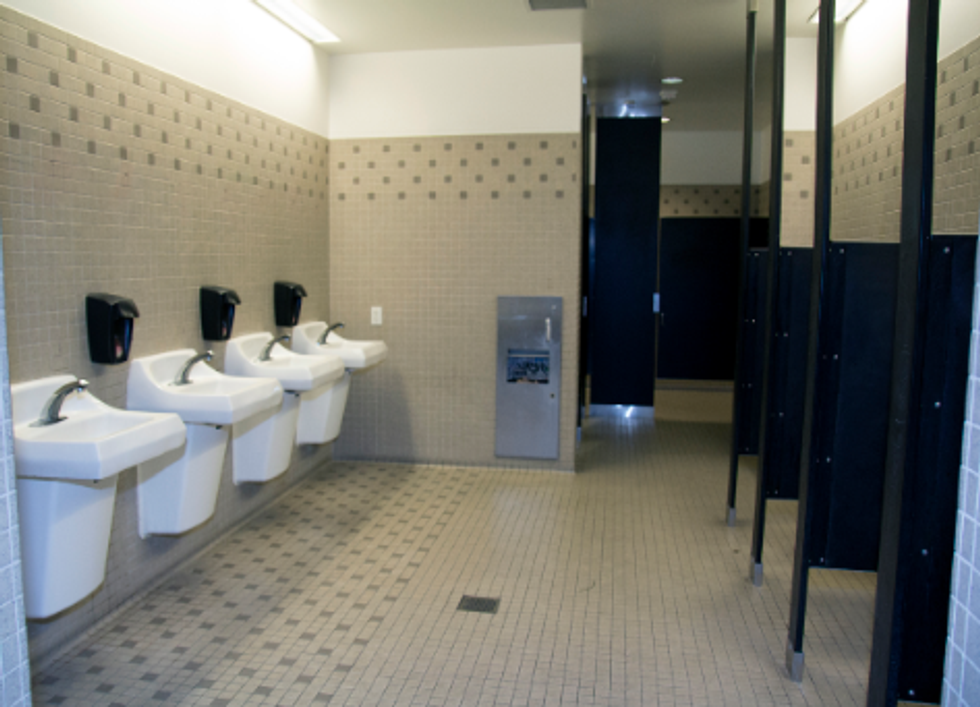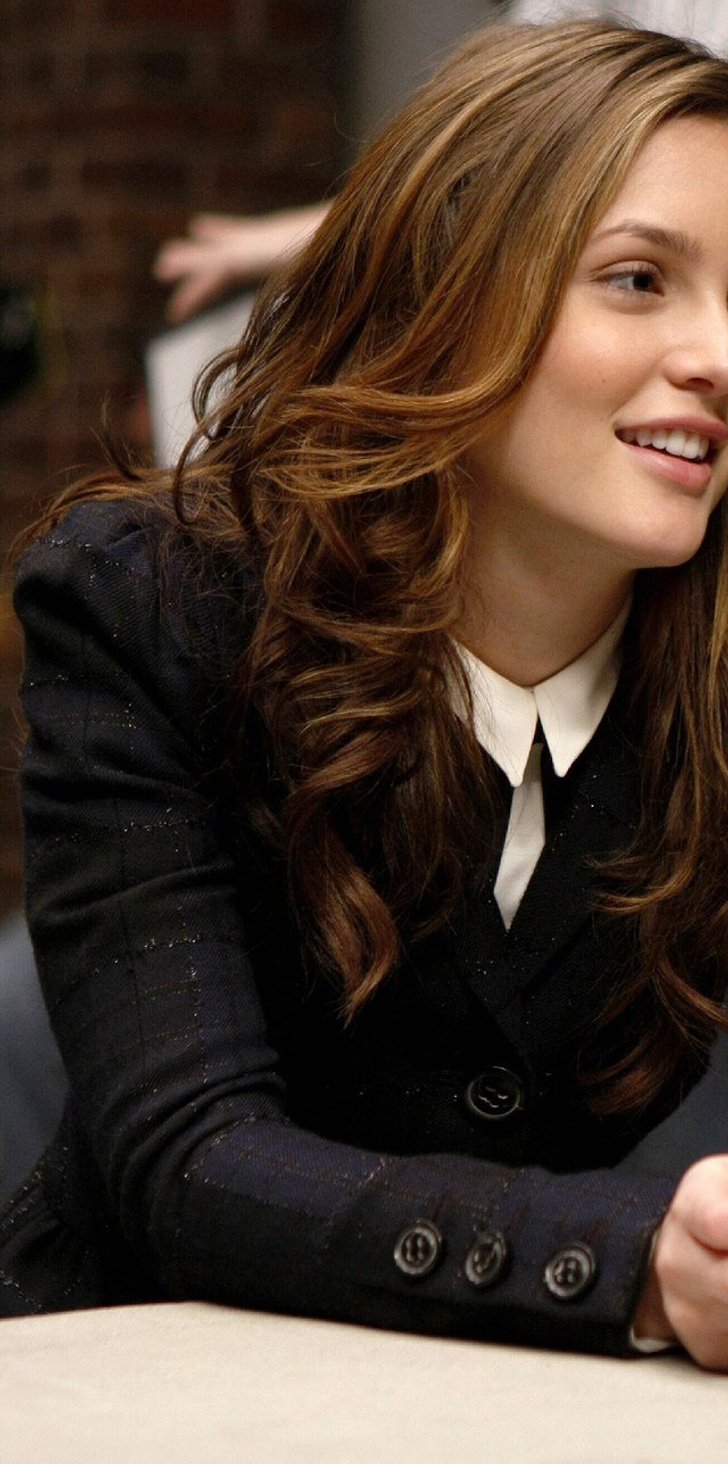Elf on the Shelf is a fun way to get in the spirit of Christmas. It is a toy elf that parents buy, and every day the elf watches the children, and at night, the elf goes home and tells Santa if they have been good or bad.
For only $29.95, you can have your very own secret agent to scare your kids into being good this Christmas. And that's not all! Elf on the Shelf comes with a website, phone apps, a TV show, and books!
And why is this such an easy and fun gift? Kids are not allowed to touch the elf. And every night, the parents move the elf to a different place to prove that the elf is "alive." And if your child is misbehaving? Just tell them that the elf is watching, and this is a bulletproof plan to keep your kids quiet and "good."
Now you're probably thinking, "What's the catch?" I'll tell you.
Elf on the Shelf is a manipulative way to ensure that children are behaving without doing any work. By having an Elf on the Shelf, one is adding this to the list of threats that parents use to control behavior. And when parents use external control methods, they are trying to have total control over their child with their will and wishes. To achieve this, they use bribes/awards or threats of punishment if they do not conform.
And while external motivators work, they work short-term, with long-term effects. External methods affect a child's self-motivation, self-esteem, and put a barrier in the parent-child relationship.
Using Elf on the Shelf motivates children, but ultimately teaches them to behave out of fear instead of good morals. Why not raise your children to have manners and cooperation instead of using fear tactics to lazily force your child to behave?
Studies have shown that the more people are focused on materialistic goals, the less satisfied they are. By using the toy, children are being taught that they should be good for rewards, not for the sake that being good is, good.
Now this also ties in with the ultimate question, "what is good and bad?" And most of you will say something along the lines of, "Good is making your bed and cleaning up your toys while being bad is hitting your brother." Morally this statement is sound. But, recently a lot of families have been using elf on the shelf to lazily manipulate their children into doing what they want.
In my house, we have two Elf on the Shelf dolls, one for each of my younger siblings. And while it's a fun game watching them find the elves every morning, my family uses the elves to manipulate their children. If my siblings are sad, or cry, "The elves are watching and you better stop crying and be good or you don't get any presents." Ultimately this will be ingrained in their heads for years that "being sad is bad," and might cause them to bottle their emotions, or end up leading to mental health problems, like depression.
When parents and teachers welcome Elf on the Shelf into their homes and classrooms, are they bringing in a generation of children to accept intrusive surveillance methods?













 Photo by
Photo by 








